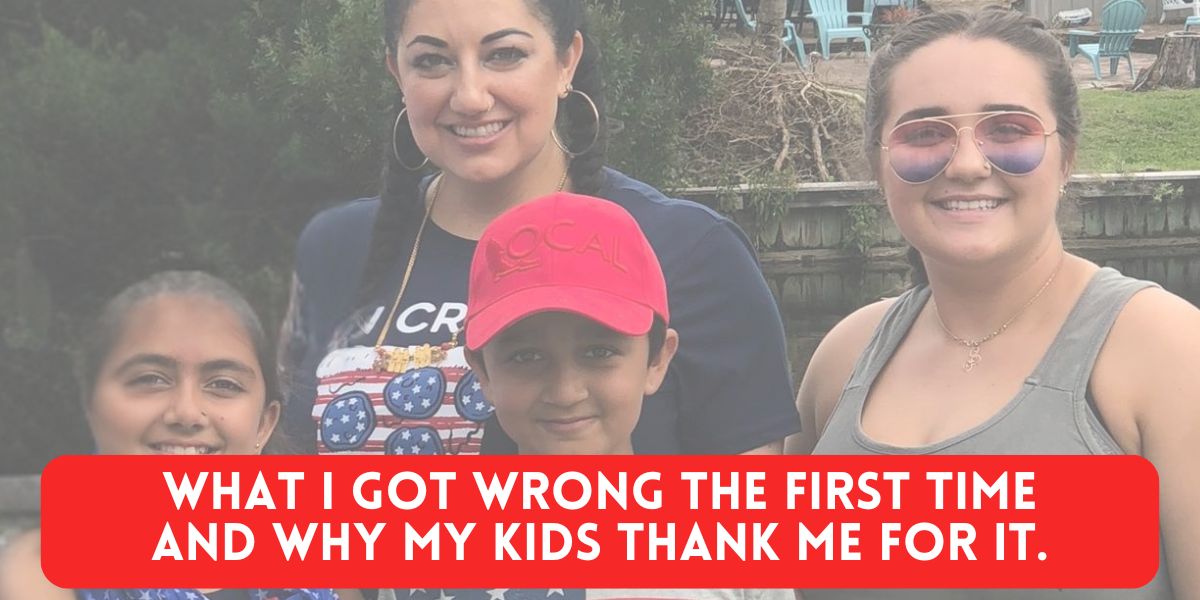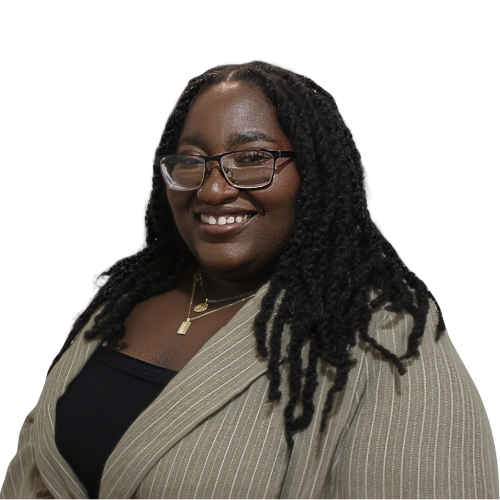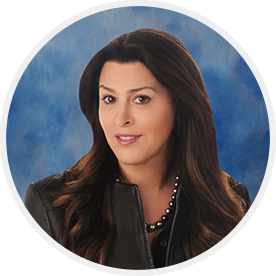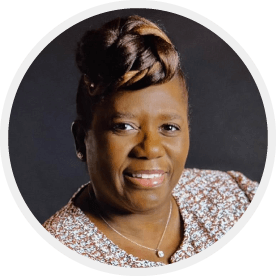By Julie Khanna
When my oldest daughter was a teenager, I thought I was doing everything right.
She had a curfew. I checked her location. I asked a million questions. And I did it all because I loved her. Because I didn’t want her to repeat my mistakes. Because I was a teen mom, and I was trying to overcorrect my own story.
But here’s what I’ve learned: love isn’t the same thing as control. And fear—no matter how well-intentioned—can suffocate the very trust you’re trying to build.
I have three kids now. And I don’t parent any of them the same way.
My 23-year-old would tell you she had the strictest version of me. She’d also tell you (kindly) that I was a little too up in her business. My two younger kids have a mom who leads with conversation, not commands. Who sets boundaries—but also listens.
And here’s the twist: it’s not because I stopped caring. It’s because I grew.
The Power of Individualized Parenting
One of my kids is deeply independent. Another needs a little more structure. One earns freedom by staying grounded and responsible. The other one needs more reminders, more redirection, more “let’s talk this through.”
Same house. Same values. Different kids. Different needs.
And when you try to parent every child the same way in the name of fairness, you end up missing the point. They don’t need the same treatment—they need the same love, delivered in the way they’ll receive it.
The Conversation Is the Discipline
In our house, curfews aren’t rigid rules—they’re conversations. I don’t believe in punishment as a default. I believe in debriefing: “What happened?” “What would you do differently next time?” “What did you learn?”
When my daughter makes a bad decision, I don’t get mad. I get curious. Not because I’m letting it slide, but because I want her to learn to hold herself accountable—not fear my reaction.
We don’t talk enough about the importance of that shift. As a parent, your role evolves from manager to coach. You’re not just enforcing behavior—you’re helping them build their decision-making muscles.
And that only works if they trust you enough to tell the truth in the first place.
You’re Going to Mess Up. Do It Anyway.
Let me be clear: I didn’t get here without messing up. I over-parented. I hovered. I made decisions from fear. And I had to apologize for it.
But guess what? That’s parenting. You live, you learn, you adjust. And then you model that adaptability for your kids.
My youngest knows I’m a different mom than I was ten years ago. And that’s a good thing.
Because when they see us growing, they learn that growth is safe.
Every kid deserves to be seen for who they are, not who we were when we were raising their older sibling. And every parent deserves the grace to get it wrong and try again—because parenting isn’t about perfection. It’s about connection.
About the Author
Julie Khanna is the founder of Khanna Connections, a public relations agency and podcast studio in Wellington, Florida. She works closely with nonprofits, wellness brands, and medical professionals to craft authentic messaging. A mom of three, Julie brings a refreshingly honest lens to modern parenting—rooted in mutual respect, individualized connection, and a firm belief that good decisions start with good conversations.






































